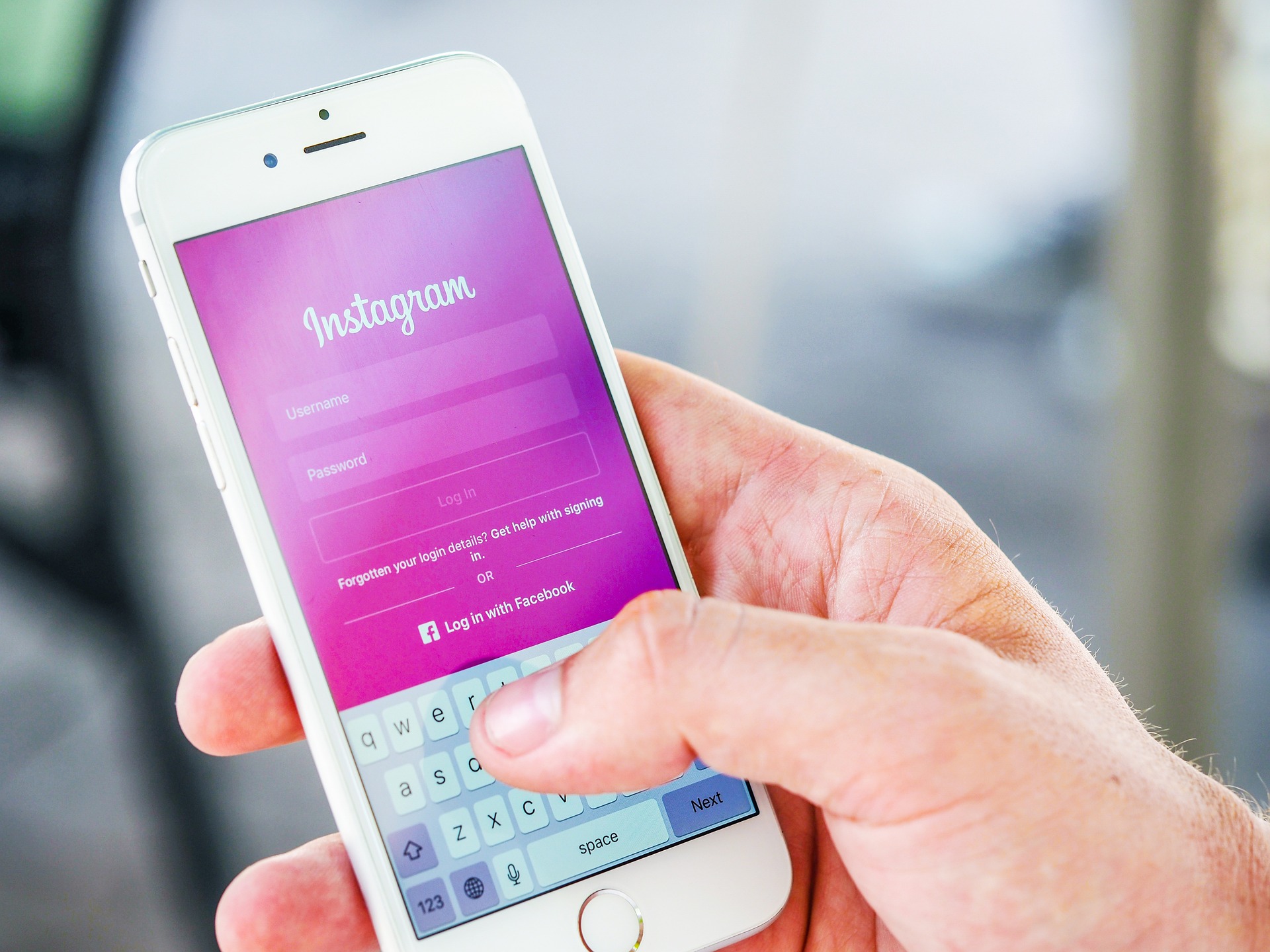In recent years, the rise of cancel culture has sparked intense debates over freedom of speech, accountability, and the role of social media in shaping public discourse. Cancel culture refers to boycotting, shaming, or calling out individuals—often celebrities, influencers, or public figures—due to their perceived wrongdoings or controversial actions. With their vast reach and immediate influence, social media platforms have become the primary arena for these public reckonings. But the question arises: Is social media now functioning as a courtroom where people are judged, convicted, and sentenced based on the power of a single post?
The dynamics of cancel culture are rooted in the ability of social media to amplify voices and spread information at lightning speed. A single tweet, Instagram post, or TikTok video can spark outrage, triggering a wave of online criticism, calls for boycotts, and public shaming. In many cases, the backlash is swift and unforgiving, as users, often anonymously or from behind the safety of their screens, pass judgment on individuals whose actions may have occurred years prior. While empowering marginalized voices, this rapid response has raised concerns about due process, accountability, and the fairness of social media “trials.”
One of the most significant issues with cancel culture is the lack of a fair and thorough investigation into the actions of those being “canceled.” In a traditional legal system, a person is presumed innocent until proven guilty, with evidence presented, witnesses called, and the accused given a chance to defend themselves. On social media, however, this process is often bypassed. A single post can be taken out of context, misconstrued, or exaggerated, and the resulting outrage can snowball into a public trial where the accused is presumed guilty before they have a chance to explain or apologize. This can lead to disproportionate consequences, as individuals lose careers, reputations, and relationships based on a quick judgment rather than a comprehensive understanding of the situation.
In many ways, social media has created a space where public opinion can override the justice system. Unlike a courtroom, where evidence and reasoning play a central role, cancel culture is often driven by emotional reactions and social dynamics. Hashtags, viral posts, and viral videos take precedence over fact-checking, and those who speak out may find themselves aligned with a “mob mentality” rather than a balanced viewpoint. The collective nature of social media means that once a narrative is formed, it becomes difficult to shift or correct, even if new facts emerge.
However, some argue that cancel culture is essential for holding individuals and institutions accountable, especially when traditional justice systems fail to do so. For marginalized groups, social media can offer a platform to highlight injustices and amplify voices that have been silenced for far too long. In cases of discrimination, harassment, or abuse, the public shaming that often accompanies cancel culture can push for meaningful change and demand greater responsibility from those in power. In this sense, social media can act as a modern-day check on power, where the court of public opinion holds individuals accountable when formal systems of justice are insufficient.
Still, the problem arises when cancel culture goes too far or is used irresponsibly. The speed at which information spreads on social media means that rumors, misinformation, or personal vendettas can quickly spiral into full-blown public shaming campaigns. People are often “canceled” for isolated comments or actions without considering their broader context or potential for growth and change. This creates a climate of fear, where individuals may be reluctant to speak their minds or take risks for fear of facing public backlash.
Furthermore, cancel culture raises questions about redemption and forgiveness. In an actual courtroom, there are systems to allow for rehabilitation, where individuals can apologize, make amends, and re-enter society. On social media, however, redemption is only sometimes possible. Once someone has been “canceled,” they often face permanent consequences, regardless of any efforts to change or grow. This can discourage individuals from learning from their mistakes and instead lead them to double down or avoid addressing the issue altogether.
In conclusion, social media has become influential in shaping public opinion and holding individuals accountable. However, the lack of a structured, fair process means it often operates more like a courtroom without the necessary checks and balances. While cancel culture has the potential to shine a light on injustice, it can also perpetuate harm by punishing people without giving them a fair chance to explain themselves or make amends. As we navigate this complex issue, it’s crucial to balance accountability and compassion, recognizing that people are not defined by their worst moments and that growth and redemption are possible—even in social media.




